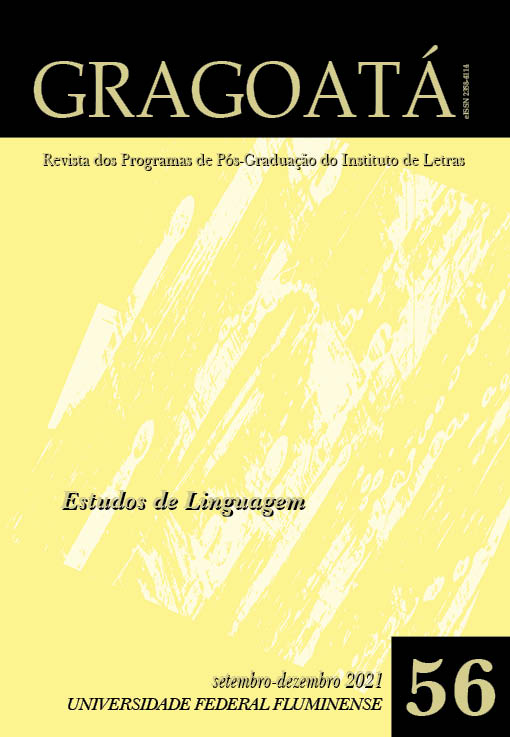Locus of enunciation and mexican collective Batallones Femeninos: mapping a decolonial pedagogy in the Global South
DOI:
https://doi.org/10.22409/gragoata.v26i56.49063Keywords:
Decolonialidade. Pedagogia decolonial. Lócus de enunciação. Fronteira Norte. Feminismos.Abstract
In this text, from a decolonial perspective (BALLESTRIN, 2013; BERNARDINO-COSTA; MALDONADO TORRES; GROSFOGUEL 2019) and according to the epistemologies of the South (SANTOS, 2019; 2010; 1995; MENESES, 2008), we intend to highlight how the locus of enunciation (BERNARDINO-COSTA; GROSFOGUEL, 2016; FIGUEIREDO; GROSFOGUEL, 2010; GROSFOGUEL, 2006; 2010) is crucial for the definition of decolonial practices and attitudes. Thus, as a robust device, we understand that the enunciation locus materializes a praxis contrary to the established hegemonic order, becoming a space of practices and actions that drive decolonial pedagogies (WALSH, 2013; MOTA NETO; STRECKS, 2019). Therefore, when occupying this space, the processes and conditions of subordination imposed are stressed, causing other forms of subjectivity to emerge, which face the dimensions of the coloniality of being, power, and knowledge (QUIJANO, 2005). This text is structured as follows: at first, we explain our understanding of the locus of enunciation as a catalyst and potentiator of discourses and language practices that reconfigure the enunciative space of the global South, reverberating in the form of decolonial practices. To this end, particularizing the scenario of the northern border of Mexico, we opted for the voices of rappers from the collective Batallones Femeninos and presented how they find “their place in the world” through a set of language practices, substantiated in the praxis of a decolonial pedagogy.
Keywords: Decoloniality. Decolonial pedagogy. Locus of enunciation. North border. Feminisms.
Downloads
Downloads
Published
How to Cite
Issue
Section
License
Authors who publish in Gragoatá agree to the following terms:
The authors retain the rights and give the journal the right to the first publication, simultaneously subject to a Creative Commons license CC-BY-NC 4.0, which allows sharing by third parties with due mention to the author and the first publication by Gragoatá.
Authors may enter into additional and separate contractual arrangements for the non-exclusive distribution of the published version of the work (for example, posting it in an institutional repository or publishing it in a book), with recognition of its initial publication in Gragoatá.

Gragoatá is licensed under a Creative Commons - Attribution-NonCommercial 4.0 International.











